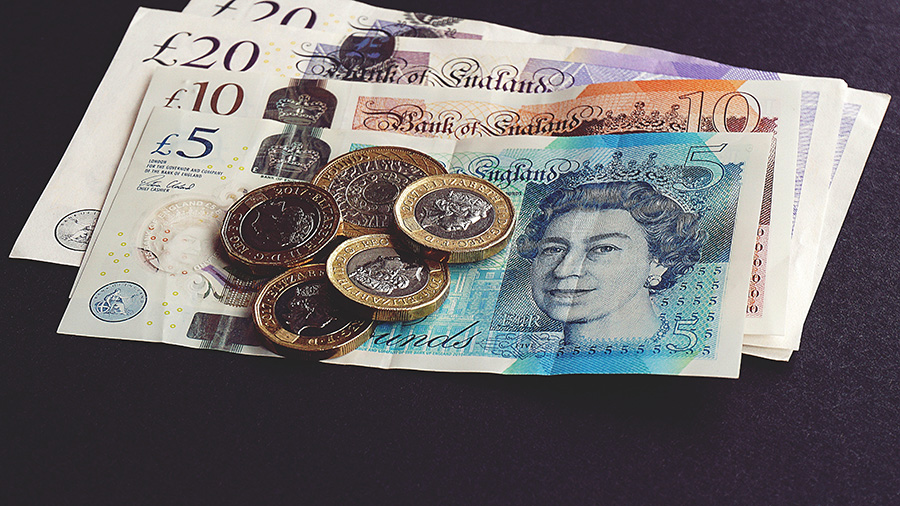We say this a lot, but given the current tax rates, paying a dividend rather than a salary will usually be a more cost-effective way of withdrawing profits from a company.
Tax is currently payable on any dividend income received over the £2,000 annual dividend allowance. Let’s refresh your memory and take a quick look at the rates:
- 7.5% on dividend income within the basic rate band (up to £37,500 in 2019-20)
- 32.5% on dividend income within the higher rate band (£37,501 to £150,000 in 2019-20)
- 38.1% on dividend income within the additional rate band (over £150,000 in 2019-20)
However, if the company makes a loss and has no retained profits, it won’t be possible to declare a dividend. So what’s the alternative? Well, an increased salary or a one-off bonus payment.
From a tax perspective, the position will be the same whether a salary or bonus is paid. Both types of payment will mean paying income tax at the recipient’s relevant rate of tax (20%, 40% or 45% as appropriate).
However, from a National Insurance Contributions (NICs) perspective, the position – and any potential cost savings – will depend on whether or not the payment is made to a director.
How come?
NIC’s work differently for directors. They have an annual earnings period for NIC purposes. Broadly, this means that their employee NICs payable will be the same regardless of whether the payment is made in regular instalments or as a single lump sum bonus.
There is also no upper limit of employer NICs, so the company’s position will be the same regardless of whether the payment is made as a salary or a bonus.
Now, if a bonus or salary payment is to be made to another family member who is not a director, the earnings period rules actually mean that paying a one-off bonus (rather than a regular salary) may make it possible to save some employees’ NICs .
Example
Henry is the sole director of a company and an equal 50% shareholder with his wife Susan. In 2019/20 they each receive a salary of £720 per month.
In the year ended 31 March 2020, the company makes profits of £24,000 (after paying the salaries). The profits are to be shared equally between Henry and Susan. They want to know whether it will be more cost effective to extract the profits as an additional salary – each receiving an additional £1,000 per month for the next twelve months – or as a one-off bonus payment with each receiving £12,000.
The income tax position will be the same regardless of which method is used.
As Henry is a director, his NIC position will be the same regardless of which route is taken as he has an annual earnings period for NIC purposes.
Susan is not a director, so the normal earnings period for NIC in a month will be the interval in which her existing salary is paid.
Assuming NIC rates and thresholds remain the same in 2020/21, if Susan receives an additional salary of £1,000 a month, she will pay Class 1 NIC of £120 (£1,000 x 12%) a month on that additional salary. Her annual NIC bill on the additional salary of £12,000 will be £1,440.
However, if she receives a lump sum bonus of £12,000 in one month (in addition to her normal monthly salary of £720), she will pay NIC on the bonus of £585 ((£3,450 x 12%) + (£8,550 x 2%)).
Paying a bonus instead of a salary reduces Susan’s NIC bill by £855.
So in many cases, this can be beneficial. However, it is important to remember that when determining an effective way to extract profits, tax should never be the only consideration. Your strategy should be consistent with the wider goals and aims of the company!






